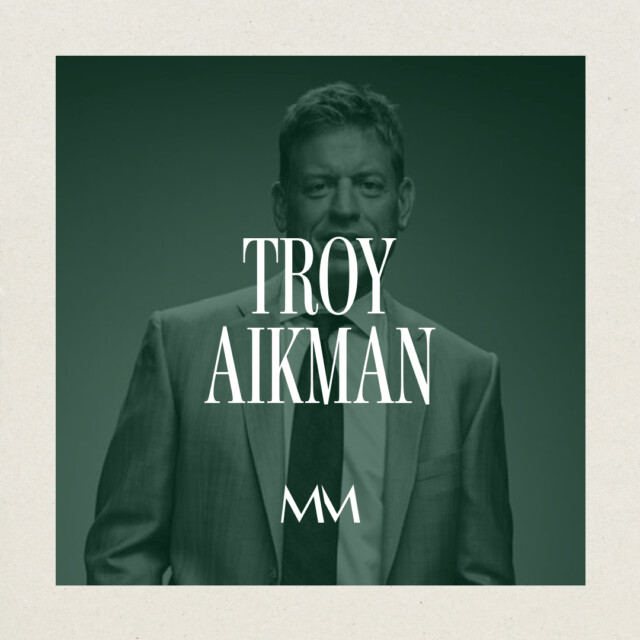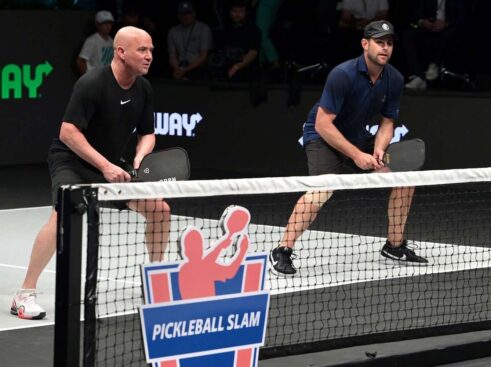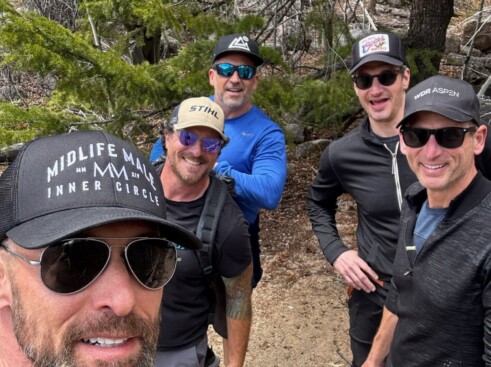I have a big bone to pick with the gambling industry:
At the conference I attended last week, one panel stood out—and not in a good way. It was filled with gambling industry executives trying to convince us they’re doing something righteous. They were pushing the idea that they’re being responsible custodians of sports betting, but it felt like a complete sham. I kept waiting for tough questions, especially since Boardroom and CNBC are supposed to be media organizations, but they never came. It was all softball questions, no accountability.
As I sat there, I couldn’t help but think about my own experiences as a father. My son goes to CU, and I’ve seen firsthand the darker side of teenage gambling. One of my closest friends from college, now a successful attorney, was our campus bookie back at Michigan. Back then, it was all cash and word-of-mouth—you knew which fraternity room to go to place a bet. Now, it’s all online and connected to kids’ lives through their phones and credit cards.
There’s a situation close to home that really hits me. A dad in my community, who I’ve had issues with, has a son who’s a bookie. The dad’s a lawyer, and his son goes to UT, where he’s passing down the business to high school kids. This kid takes bets from minors, and the crazy part? The dad’s okay with it. But I’m not.
I confronted the dad. I told him, “I don’t care if you’re fine with it, but make sure your son knows not to take bets from my kid. My son’s a minor, and yours is an adult.” I made it clear that if it didn’t stop, I’d go directly to the son, bypassing the dad altogether. What really blows my mind is how normalized gambling has become, even pressuring kids. High schoolers are afraid of being left out of social circles or fraternity parties if they don’t gamble. But the longer they play, the more they pay. It’s a zero-sum game.
As a parent, I can’t understand how anyone’s okay with this. How are you okay with putting your son at risk, knowing that one day some kid who can’t pay might come after him? Or maybe a parent fed up with covering their kid’s gambling debt might take matters into their own hands. These are real, tangible consequences.
And what’s the kid going to do if someone refuses to pay? Does he have muscle on payroll? Probably not. Now, it’s all about using social media to shame people—calling someone a deadbeat and blackballing them from events. But make no mistake, this is serious business. And it’s all being normalized.
Look around—it’s everywhere. Football Night in America has gambling segments. ESPN does too. Tons of online sports shows are 100% dedicated to gambling. Mainstream sports shows casually drop betting odds like it’s no big deal. It’s become poison, no different from alcohol or cigarettes. We know it’s harmful, yet we keep selling it, just adding a warning label or taxing it.
Just because some people can gamble responsibly doesn’t mean everyone can. I couldn’t start a business like DraftKings—I wouldn’t be able to live with myself knowing I’m exploiting people. And the government? They don’t care. They’re taking 51% of the revenue and looking the other way.
What really bothers me is the executives pushing this narrative. They’re drug dealers, plain and simple. They hook people with a free taste, make it easy to start, and then trap them. They know damn well that people are gambling beyond their means, yet they claim they’re “on top of it” and shutting down accounts when necessary. Who are they fooling? Not me.
This isn’t just a business—it’s a predatory system targeting young people. As a father, and someone who cares about the next generation, I can’t stay silent. We’re losing our kids to this.
The Reality of Teenage Gambling
The statistics are shocking. In the U.S., 4-6% of teenagers are already addicted to gambling, and another 10-14% are at risk. College campuses have become breeding grounds for gambling addiction, with students involved in online sports betting, poker, and fantasy sports.
Colleges in Bed with Gambling Sites
Even worse, many colleges have partnered with gambling companies. Over 30 universities, including Michigan State and the University of Colorado, have signed deals with platforms like DraftKings and PointsBet, giving these companies direct access to their students.
Think about that—colleges, which should be shaping young minds, are allowing gambling companies to prey on their students.
Young Men Are at Risk
The problem doesn’t end in college. Young men in their 20s are the most vulnerable. Studies show gambling addiction is most prevalent among men aged 18-24, and the numbers are rising. By their mid-20s, many have racked up serious debt, sometimes tens of thousands of dollars, all because they were lured in by “free” bets and bonuses.
Between 2018 and 2022, gambling revenue in the U.S. skyrocketed from $60 billion to over $100 billion, with sports betting accounting for much of that growth. Companies like DraftKings, FanDuel, and BetMGM have thrived by hooking people young and keeping them hooked.
The Real Questions We’re Not Asking
So, why are we giving these companies and their leaders a platform? Why do they get to sit on panels, pretending they’re contributing to society, without being asked the tough questions?
At the event I attended, not one hard question was asked. The panelists were given a chance to spew their talking points about “responsibility” and “awareness,” but no one challenged them. Where were the questions about their partnerships with colleges? About teenage addiction rates? Where was the accountability?
These companies, and the networks that support them, are fueling an addiction crisis. We shouldn’t give them more airtime—we should be demanding answers. Why are they allowed to continue these predatory practices? Why are they targeting young men? And why are we letting them get away with it?
Until we hold them accountable and demand real answers, this cycle of exploitation will continue. We deserve better. Our kids deserve better. And it’s time to stop letting these liars off the hook.
In Health,
Greg








